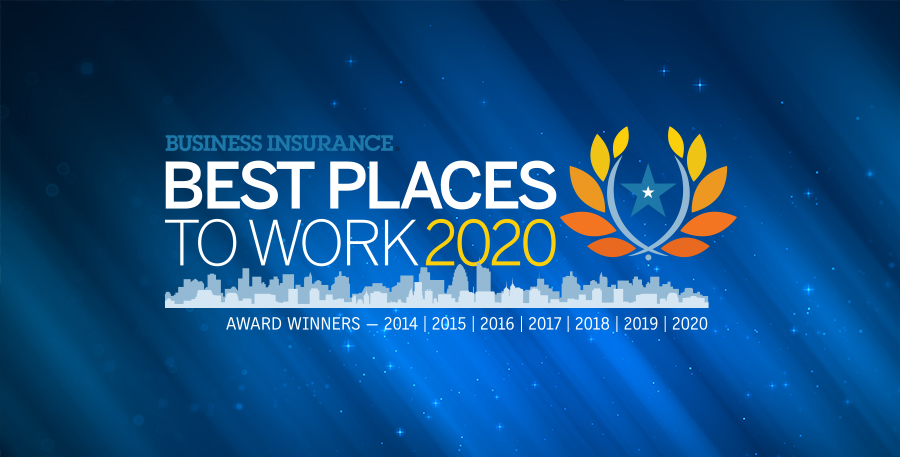The impact of COVID-19 means technology–based MGAs and insurtechs are under increasing pressure to demonstrate their value
23rd September 2020

This article was first published by Insurance Day
Technology has become a key differentiator to many new firms accessing the insurance market. In recent years we have seen MGAs looking to use new technology and systems-backed processes to drive efficiencies, speed products to market, and reduce frictional costs.
Insurtech firms have been the subject of huge amounts of investment. It has seen traditional carriers seek to ensure they are able to access potential cutting edge technology. From Lloyd’s to the likes of Allianz and Aon innovation laboratories have been created to incubate new solutions.
The MGA market has seen a wave of technology led start-ups and, on the face of it, the impact of COVID-19 should have reinforced the benefits technology can, and is, bringing to the industry.
A fundamental shift to remote working both for the industry and its policyholders created not only new risks but also the need to find new ways of communicating with clients and colleagues alike. It also created the need for risks to be placed and bound remotely.
It has seen some in the market describe the impact as wholly positive given that the industry has been forced to use technology, thereby allowing systems to prove themselves in the most testing of circumstances. This may well have been the case but behind the headlines has been a story of success or the cruellest of failures.
If you examine the technology based MGAs and Insurtech firms which were launched in the past two to three years in my experience in recent months, around half are making a huge success of their efforts whilst the other 50% are no longer in live operation.
The dichotomy has been driven by a number of factors, with COVID at the heart of many. For some MGAs and firms their ability to deliver products to customers via the use of technology has paid dividends as they can access policyholders who have been living in a new socially distanced environment where technology has become their key, and often only, access to the wider world and products.
However, COVID has had a huge impact on the global economy and the world’s investment markets. As such it has hit traditional large underwriting entities hard as investment returns and business levels come under extreme pressure. Corporate-backed MGAs who had been clear on their growth targets, and had hit those targets, have suddenly fallen victim to the pressure placed upon them by their investors. Firms which saw the opportunities that MGA and Insurtech provided in terms of diversification of investments and the potential returns have been forced into a wholesale review of their investment strategies.
Household names such as JaguarLandRover have been amongst those who have withdrawn their support for their insurance venture, and it is likely as the uncertainty over the length and severity of the global economic slowdown continues there will be similar discussions in boardrooms across the globe.
At Davies we see both sides of the coin. In recent months we have received a large number of enquires for support in the runoff of MGAs and Insurtech operations. These have not been limited to the firms that we have supported and helped to incubate. Companies with which we have not previously worked have been in contact and our teams have been starting the process of an effective run off.
Our recent experience shows that the appetite of US capital to invest in Insurtech operations has significantly dried up. What we are seeing however, are niche operations which have identified with very focused products or specific clients are proving an attractive investment both for capital and capacity. A clear example has been the cyber risk sector. Demand for coverage has never been stronger, remote working has created new risks for companies and they are demanding a solution. It has seen new firms which are looking at subsets of the market gaining traction. Be it a specific area of cyber risk, or a specific customer base. It also clear that by the nature of the risk itself, technology will be key in the ability to underwrite the risk and distribute the products.
London’s efforts to drive process change has also provided an opportunity for firms to seek support for solutions that are built on technology. We are already seeing interest in new operations which are adapting their business plans and strategies to match the changed appetite from the capacity providers and investors.
This month would have seen the Monte Carlo Reinsurance Rendezvous and while the event is not being held face to face the underwriters have been clear in their message that rates will need to continue to harden to ensure that returns meet the cost of capital and rates will need to better reflect the exposures they face. Therefore, the use of technology to reduce the costs of doing business and with it maximising returns in a hardening market will prove attractive to capacity providers.
The challenge for MGAs and Insurtechs is to demonstrate how their technology will enhance already hardening premium incomes.
Related Articles
-
- Article
- Insurance Solutions
Davies named in Business Insurance’s annual Best Places to Work in Insurance for the seventh consecutive year
Nashville, Tennessee, September 1, 2020 – Davies today announces that it…
-
- Article
- Insurance Solutions
Davies broadens its insurance services offering with acquisition of Citadel Risk’s captive management operations
LONDON, UK – 24 July 2020 – Davies, the leading specialist professional services and…
-
- Article
- Insurance Solutions
Insurance, with no questions asked
This article was first published by Insurance Times. With one-third of…
-
- Acquisition
- Article
- Legal Solutions
Davies and Keoghs sign deal to form insurance and risk management powerhouse
Davies, the leading specialist professional services and technology firm, today announces…



